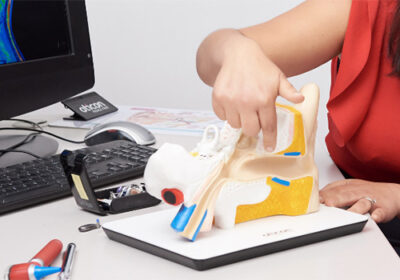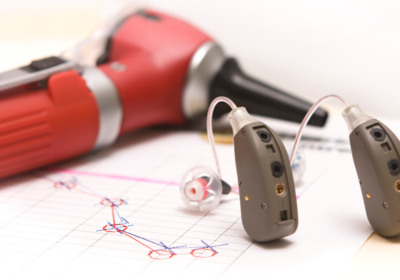
Many of us think about a loved one or a friend suffering from dementia and can clearly picture how tough it can be. Not only is it very difficult on the person with dementia, it can also be very stressful and emotionally challenging for the family members and carers around. Dementia is a complex disorder which often occurs as a result of brain disease or injury. It can affect an individual’s memory, personality and thinking processes. The exact cause of dementia is still unknown and whilst an effective cure does not exist at this stage, 12 risk factors have been found to account for about 40% of dementia cases around the world (Livingston et al. 2020). A recent 2020 publication discovered 3 new risk factors for dementia. These include:
- Excessive alcohol intake
- Head injuries in mid life
- Exposure to air pollution
These are in addition to nine factors previously identified by the Lancet commission study in 2017: such as:
- Lower childhood education
- High blood pressure
- Hearing loss
- Smoking
- Obesity
- Depression
- Physical inactivity
- Diabetes
- Social isolation
Whilst there are many positive aspects to living longer, there are higher risks of developing dementia the older we get. The first signs of dementia often include forgetfulness; these can be as simple as forgetting to do daily tasks, having difficulty recalling something that happened a few hours or even minutes ago. Now if these symptoms happen frequently and begin to cause concern, it is extremely important to act sooner while you are still young to prevent these symptoms from getting worse. There is compelling evidence to show that what you do now in your middle age years can make a difference to your risks for dementia. These are increasing physical activity, reducing alcohol consumption, managing high blood pressure (130 mm Hg or lower), obesity and quitting smoking (Livingston et al. 2020).
One major risk factor often seen as a “silent” one is having a hearing loss. As we age being socially active within the community helps keep the hearing pathways in your brain “alive”. Now, in order to maintain healthy social relationships, having good hearing is extremely important. Without healthy ears, communication becomes limited as many sounds in speech are misheard, misinterpreted or even worse missed! These will impact your ability to participate in normal conversation and even follow the context of speech. Feelings of embarrassment, insecurity, emotional stress and loneliness can arise which can often lead to social isolation and in some cases depression.
When you are experiencing a hearing loss your brain is unable to utilise your hearing pathways and as result permanent physical changes can occur in different parts of the brain. Some parts of the brain become smaller while other parts may die off, affecting areas involved in speech language and memory. With a reduced hearing ability, excess strain is placed on the brain to work harder and try to follow conversations and fill in the missing gaps in speech. The brain spends more energy in trying to hear conversations which causes individuals to feel extremely tired after a social gathering. This excess strain placed on the brain is believed to be a risk factor for developing dementia.
What you can do to reduce your risk of developing dementia is protect your hearing from exposure to loud noise and seek assistance to help manage your hearing loss. Wearing hearing aids may help slow down this rate of deterioration. Evidence shows that adults who do not wear hearing aids have a slower/reduced rate of brain function compared to those who do. With better hearing you will become more aware of the sounds in your listening environments and this simple task will provide your brain with its daily exercise to stay fit and healthy. Our ears are very similar to our muscles in the body; we need to nourish them with different sounds and speech signals just like how we exercise our muscles daily to help maintain their strength and size. Also, improving your hearing will reduce your feelings of loneliness and improve your confidence. You will no longer feel left out or anxious to join conversations at social gatherings, meetings and events. In fact improving your hearing will allow you to actively participate in social activities and can give you total control of any discussions happening around you.
Dementia is a catastrophic disease of the brain that can start off as mild symptoms of forgetfulness. We now have proof/evidence of doing simple things such as wearing a hearing aid, keeping socially active and adopting a healthy lifestyle can all make a big difference to the risks. If you are experiencing any signs of forgetfulness or hearing loss, speak to your local Doctor or hearing professional now for more information on what to do next.



